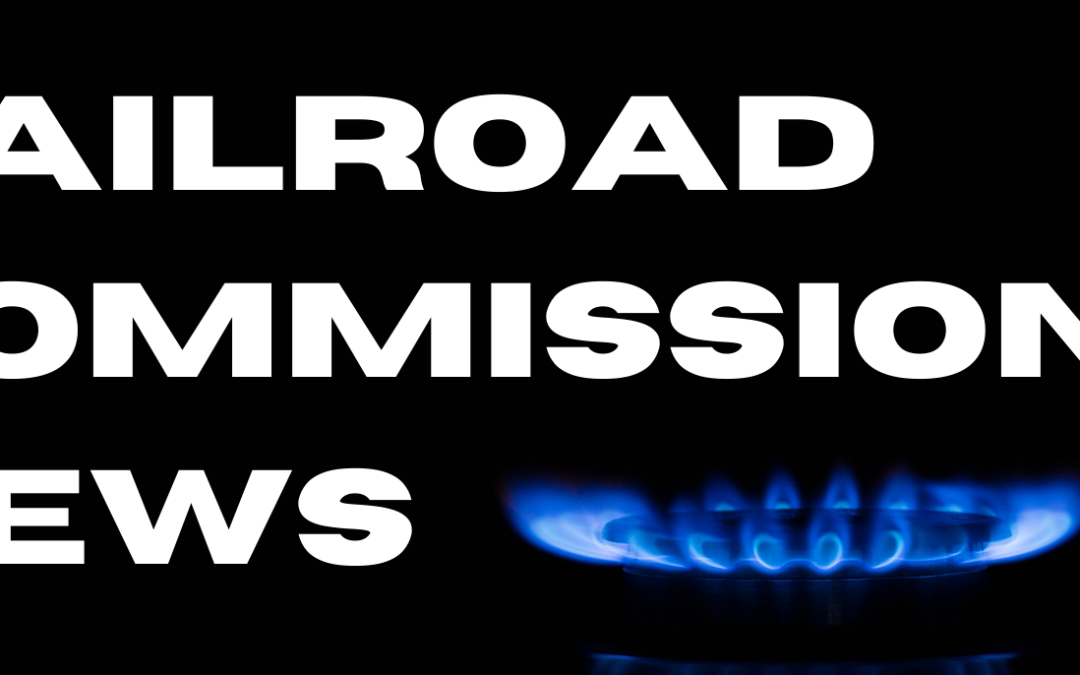Gas suppliers must comply with new standards under a new weather preparedness rule.
________________________________________________
Gas suppliers must comply with new weatherization standards and submit to annual inspections under a new weather preparedness rule adopted by the Texas Railroad Commission.
Adopted August 30, the “Weather Emergency Preparedness Standards” rule also requires that critical gas facilities prepare their operations against weather emergencies, correct any known issues that caused previous weather-related forced stoppages, and contact the RRC if their operations sustain a weather-related forced stoppage during a weather emergency. The rule includes penalties of up to $1 million for noncompliance.
The new rules are mandated under Senate Bill 3, which the Texas Legislature adopted in 2021 after the devastating winter storm that year. Studies later found that the resulting mass power outages from the storm were caused in part by failures of gas facilities, which are regulated by the Texas Railroad Commission.
Types of critical facilities covered by the new agency rule include natural gas wells and oil leases that contain natural gas wells, saltwater disposal wells, gas processing plants and all intrastate underground natural gas facilities. It also includes gas pipelines that directly serve electricity generation on an Electricity Supply Chain Map, which also was created as a result of recent legislation.
Inspectors from the RRC’s Critical Infrastructure Division will begin inspections December 1. The agency will prioritize the inspections with wells and other natural gas infrastructure that produce, store, process, or transport large volumes of natural gas. “These new rules ensure our state’s natural gas supply chain is prepared for extreme heat and freezing cold,” said RRC.
Atmos Cities Steering Committee Weighs In
The new Weather Emergency Preparedness Standards incorporate several recommendations from the Atmos Cities Steering Committee, a municipal coalition. For example, the Railroad Commission agreed with the ACSC that “major weather-related forced stoppage” was not sufficiently defined in the initial draft of the rule and further agreed that if the definition was not tightened up, it would have given an agency director too much discretion. As a consequence, the Railroad Commission tightened the definition of “major weather-related forced stoppage” in the final rule.
The Railroad Commission also said it would consider releasing more information to the public regarding rules violators, as recommended by the ACSC.
However, the agency rejected recommendations made by ACSC and more than 77 other individuals and entities to strengthen the penalty guidelines in the rule.
The Railroad Commission took more than a year to implement weatherization standards. The Texas Public Utility Commission, by contrast, implemented corresponding corrective measures for the electric industry last fall.
The weatherization rule can be found on the RRC website here.

